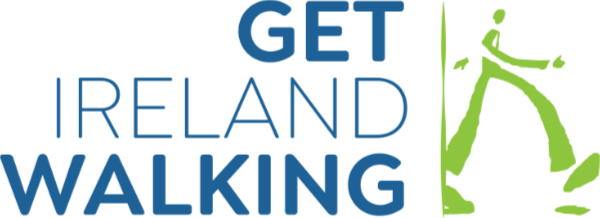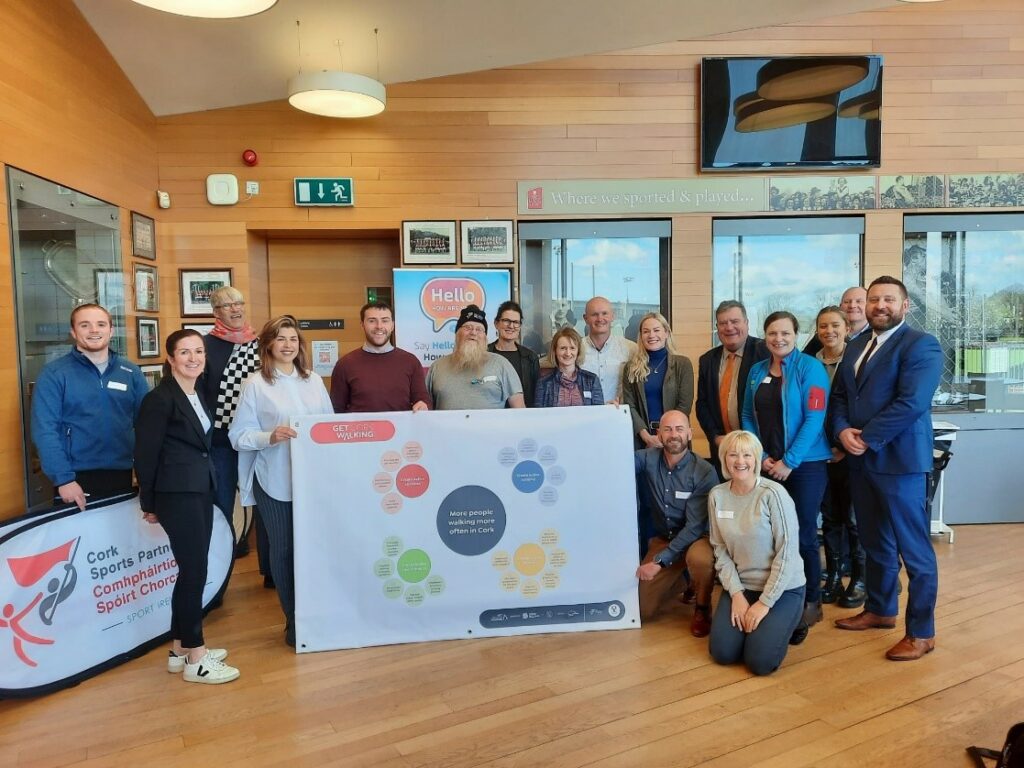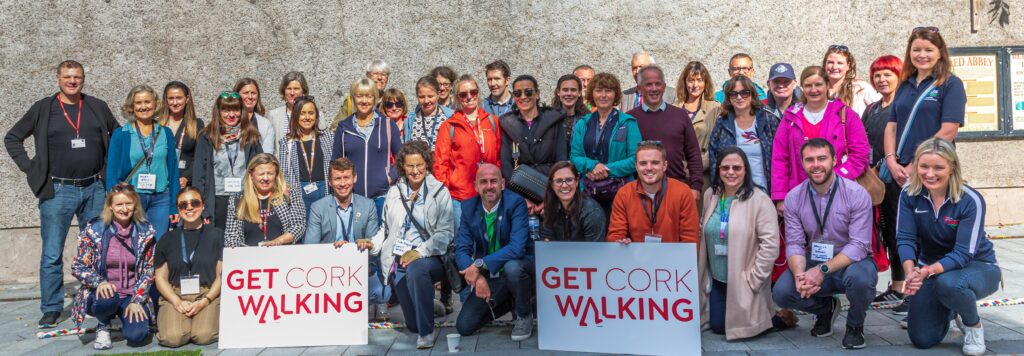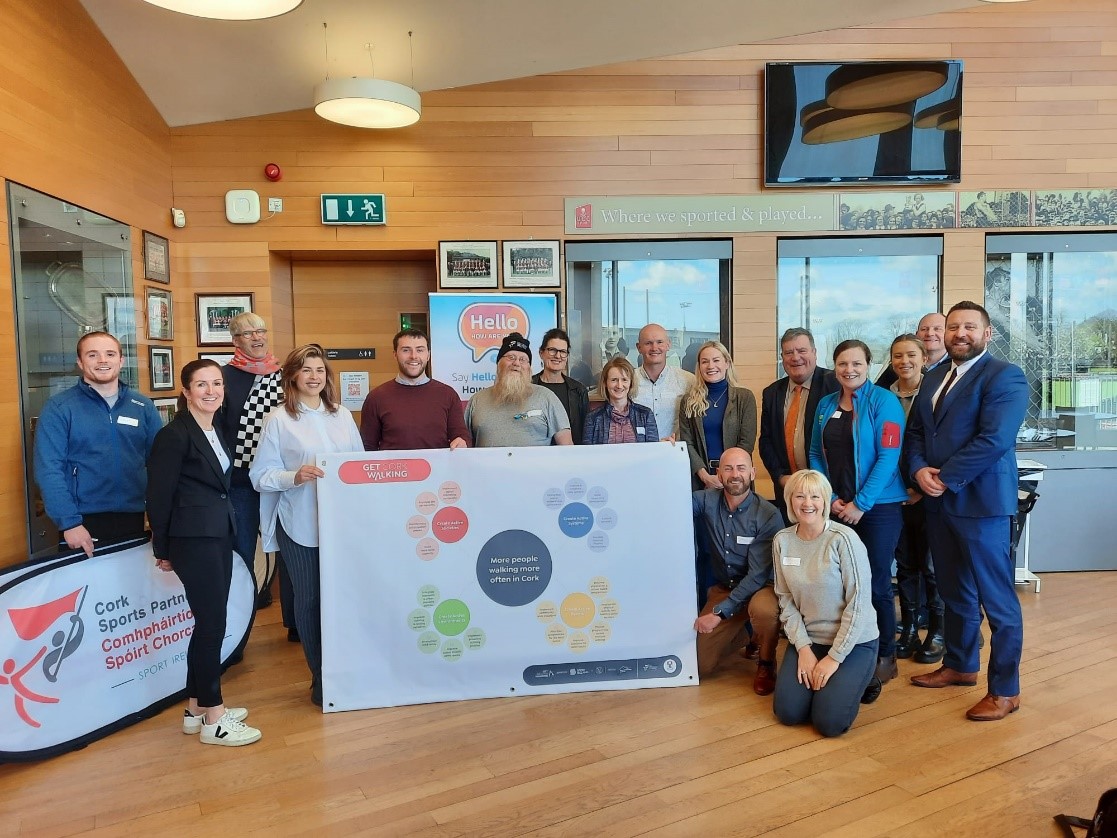Using systems science to understand and enhance walking promotion in Ireland
Physical activity promotion in Ireland, and worldwide, is the ‘business of many but the responsibility of none’. Organisations from many sectors have a role to play yet the activities of one sector can’t be credited for a country’s physical activity levels. Many interventions, multiple policies and work from organisations from different sectors, combine, overlap and interconnect.
Small-scale descriptive studies dominate the physical activity evidence base. A change in tack from the traditional approaches to physical activity promotion has been suggested. A new approach framing public health problems to embraces the messiness of the problem, rather than shying away from it.
Systems thinking approaches and tools are a way of ‘embracing the complexity’ of the problem. It can help researchers, practitioners and policymakers see the bigger picture of physical activity.
Whole-of-systems approaches – involving aligned approaches between organisations working across sectors and disciplines – to public health have been strongly advocated for. The World Health Organisation’s Global Action Plan for Physical Activity (GAPPA) is a global call to action for governments to adopt whole-of-systems approaches to address physical inactivity.
Get Ireland Walking – a national walking promotion organisation in Ireland – aims to understand the ‘whole picture’ of walking promotion at local level in Ireland. Through collaboration with a research team from South East Technological University (SETU) in Waterford, Get Ireland Walking set out to use systems thinking tools to work towards a whole-of-systems approach to walking in one county in Ireland. Cork, the largest county in Ireland, was chosen as the county to test this new way of working due to the strong organisational ties Get Ireland Walking held there, including the presence of a walking promotion officer on the ground.

One of the first steps of any systems approach begins with understanding what the problem looks like. Systems maps can help visualise complex problems and are developed with and by the stakeholders who are embedded within a particular system.
Online systems mapping workshops were run in June 2020. The Cork walking promotion officer and the author (a PhD researcher) identified relevant stakeholders from health, sport, local government, tourism, outdoor recreation, urban design, and transport. The Australian Systems Map for Physical Activity and the GAPPA were used to structure the workshops and as framework for structuring next steps.
Not only does the systems mapping process allow stakeholders who work on a problem to highlight what might be working well within a system, it also offers stakeholders the opportunity to co-develop solutions to problems that exist within their system.
The systems mapping process allowed 19 context-specific ‘solutions’ to be identified to the problems within the Cork walking system. Examples include a data portal to consolidate walking data in the county, a permeability audit of residential areas in the county, and improving the structures that allow organisations to communicate and collaborate across sectors. The research team at SETU mapped the outcomes of the systems mapping workshops onto the strategic objectives of the GAPPA, and found discrepancies between what areas of the system were going well, and where the stakeholders felt there needed to be solutions implemented.

To follow up on these findings, an action plan guided by the strategic objectives of the GAPPA was co-developed with stakeholders in April 2022 across the system and will be implemented in early 2023.

The systems mapping process proved as important as the systems map itself, and was as a useful starting point to a whole-of-systems approach to walking at local level in Ireland.

Take-home messages
- The process of building a systems map acts as a catalyst for cross-sectoral communication and helps identify mutually beneficial actions for stakeholders in a real-world walking system.
- The use of existing tools, such as the Global Action Plan for Physical Activity, can act as a useful framework to structure actions resulting from a systems mapping process.
Authors and affiliations
Mr. Dylan Power 1, 2
Dr. Barry Lambe 1
Professor Niamh Murphy 1
1 Centre for Health Behaviour Research, Department of Sport and Exercise Science, South East Technological University, Waterford, Ireland
2 Get Ireland Walking
Competing interests:
Dylan power is a Co-funded PhD scholarship awardee (Get Ireland Walking and South East Technological University)





